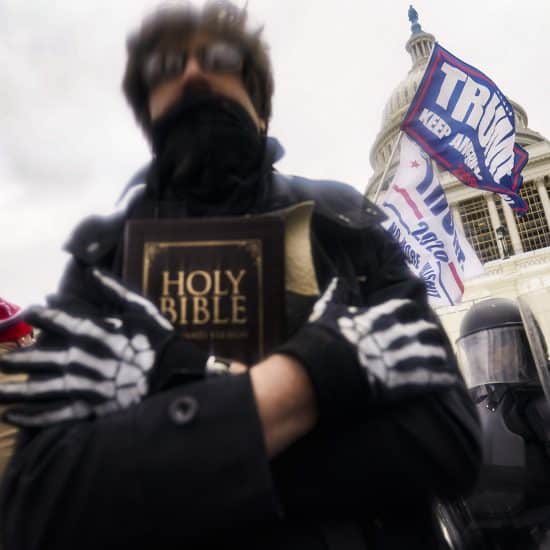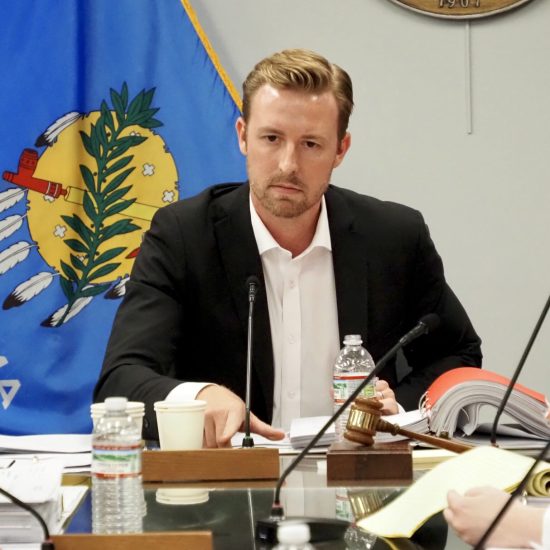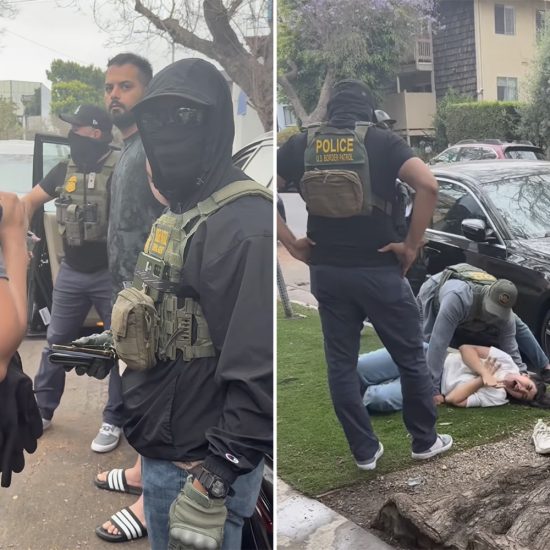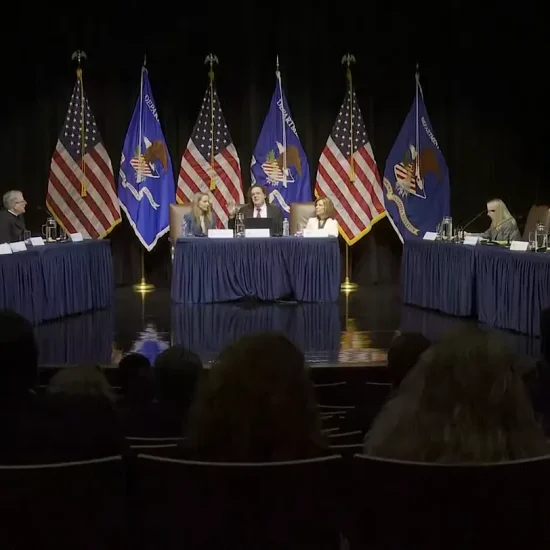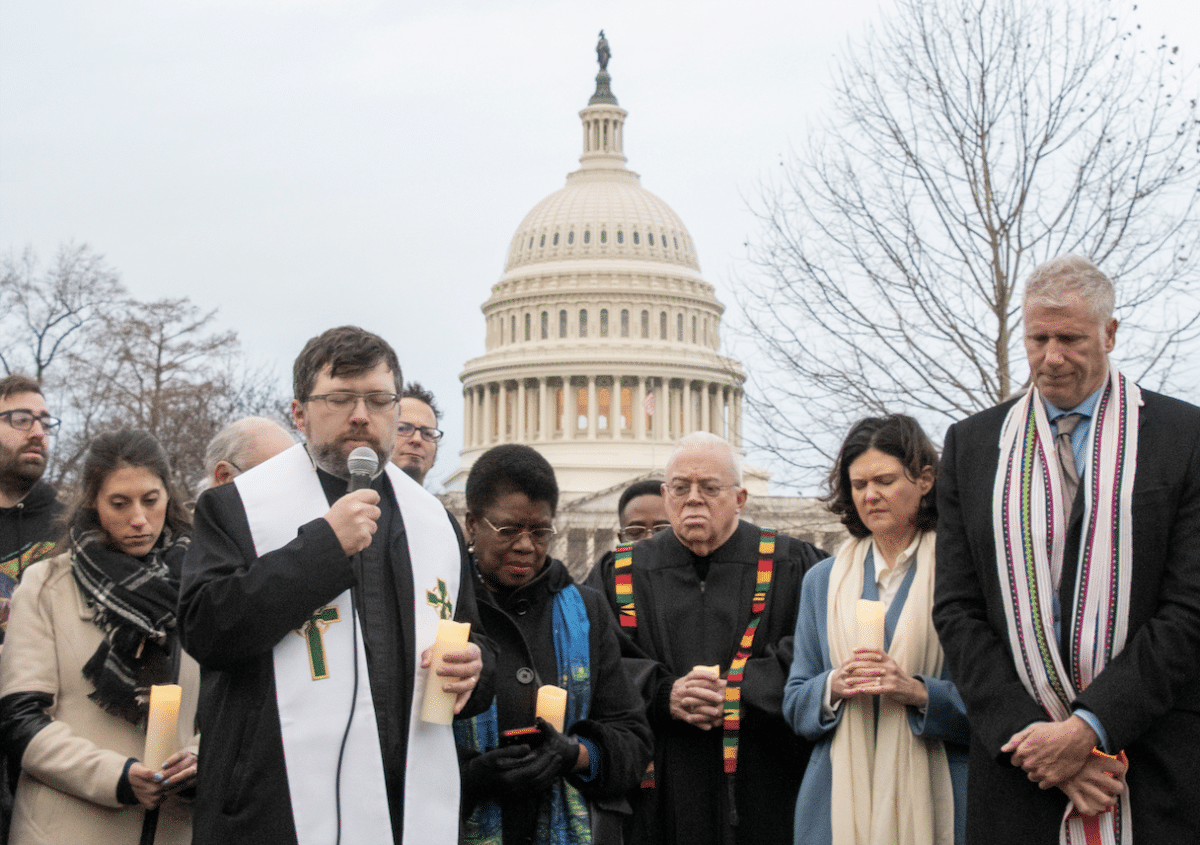
On Friday at sunrise, I stood across from the U.S. Capitol Building with other Christian leaders — clergy and lay — to pray.
Seeking to provide a Christian witness against the unholy and heretical political ideology of Christian Nationalism that helped inspire the deadly attack on the Capitol two years ago, we chose to begin the day quietly praying for peace, love, religious freedom, democracy, and healing.
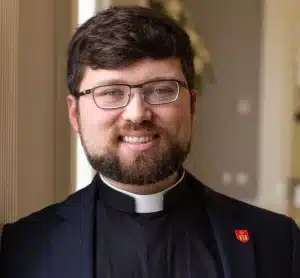
Nathan Empsall
Vigil attendees — Baptist, Catholic, Episcopal, Methodist, evangelical, and more — all know that prayer is only a start. Healing does not come merely because we want it to — it also requires deepening our understanding of what happened. Without that understanding, we can never turn to repentance, forgiveness, and reconciliation. This is why the work of the Select Committee to Investigate the Jan. 6 Attack on the United States Capitol was so important.
The Committee’s hard work that led to the more than 800-page report released at the end of last year was critical to understanding what happened on Jan. 6, 2021, why it happened, and how we can prevent future violence.
Yet despite the Committee’s hard and admirable work, its 800-page report missed a vital opportunity to discuss the danger of Christian Nationalism and the role it played in fueling the insurrection. You can’t prevent a problem from happening again if you don’t recognize the source or go to its roots.
Over the past two years, reporters such as Jack Jenkins at Religion News Service, Sarah McCammon at NPR, Tim Dickinson at Rolling Stone, and Michelle Smith at the Associated Press have detailed the misappropriation of Christian rhetoric and iconography before, during, and after the attack. Indeed, in its opening public hearing aired in prime time last year, the Committee paused for a moment on an image of an insurrectionist waving a Christian flag.
RNS’ Jenkins has also reported on individual Committee members’ interest in understanding the violent ideology, which included soliciting a letter and testimony for the record from the leaders of Christians Against Christian Nationalism, a BJC (Baptist Joint Committee) initiative.
That religion of any kind — but particularly Christianity — would be misused and abused by people seeking power at all costs is not a surprise or a shock. Authoritarian and fascist movements throughout history have co-opted religion to seize power. While many would point to Adolf Hitler, Benito Mussolini or, more recently, Vladmir Putin, we don’t need to look beyond our shores. Many white Americans twisted the Bible to justify the colonial conquest of Indigenous peoples, slavery, Jim Crow segregation, and other historical atrocities.
What those slaveowners and their political allies knew — and what many Christian nationalist leaders of the MAGA movement recognize today — is that if an authoritarian leader can cynically bind their political cause to what their audience already cares about most deeply — their religion — then that audience will care about the leader with equal fervor. And once that leader convincingly binds themselves or their cause to the divine, then all tactics become acceptable — even oppression and political violence — for to question them is to question God.
Perhaps the Committee has a “fear that confronting Christian Nationalism might be misconstrued as an attack on Christianity or Christians,” as Amanda Tyler of BJC suggested recently on MSNBC. A year ago, BJC and the Freedom From Religion Foundation published the most comprehensive report on Christian Nationalism’s role on Jan. 6. Peter Manseau, founding director of the Smithsonian National Museum of American History’s Center for the Understanding of Religion in American History, echoed the same sentiment on Twitter.
If this is true, it is a grave political miscalculation on the Committee’s part. The truth is that most American Christians reject Christian Nationalism and white supremacy as an unchristian hijacking of our faith, and we continue to stand diametrically opposed to the anti-democratic principles put forth by the Christian nationalist agenda. In reality, it is not criticism of Christian Nationalism that undermines religious liberty, but Christian Nationalism itself, which seeks to strip non-Christians, progressive Christians, and marginalized communities of their equal rights.
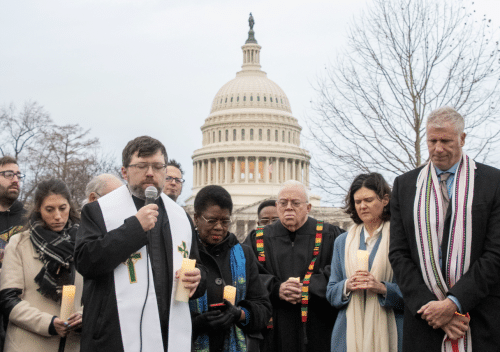
Photo of the Sunrise Prayer Vigil for Democracy courtesy of BJC
The Christian organization I lead, Faithful America, has mobilized tens of thousands of Americans to call out Christian Nationalism. We’ve worked closely with local clergy and community members across the country to oppose the ReAwaken America megachurch tour — a Christian nationalist roadshow headlined by many of the Jan. 6 architects. And we led a campaign last fall to directly call out Christian nationalists in the halls of power and in pulpits across the country.
We’re only one among many Christian and other faith-based organizations with this focus. Multiple denominational leaders have signed on to support BJC’s Christians Against Christian Nationalism initiative, and many of the individuals I prayed with at the Capitol to mark the insurrection’s anniversary represent organizations and communities that work each day to oppose the virulent political ideology.
As we prayed together, we also remembered that Jan. 6 isn’t just the second anniversary of the failed insurrection — it is also Epiphany, the Christian holy day when the magi arrived at Christ’s manger and Jesus’ holy identity was made clear. With this in mind, I prayed that God would give another epiphany to those who attacked the Capitol with crosses and prayers, and remind them that Jesus is the Prince of Peace, not the Lord of Political Violence — and that where Christian Nationalism preaches hatred, oppression, and misinformation, Jesus taught love, freedom, and truth.
Our vigil marked an important moment, but did not signal the end of our work — just as the pursuit of understanding what led to the insurrection and holding people accountable did not end with the Committee report, the conclusion of the 117th Congress, or a better than expected midterm election for pro-democracy candidates.
The reality is that while Christian nationalists and election deniers may have lost across the country in 2022, it was only barely, winning a staggering 45 percent of the vote or more. When the stakes become presidential once more and with Trump or another MAGA politician like Ron DeSantis expected to be on the ballot, the threat of Jan. 6-like political violence in Jesus’s name will be as high as ever. Just as Christ asked his disciples to stay awake with him in prayer before his arrest at the hand of a MAGA-like alliance between religious leaders and an authoritarian state, we too must stay vigilant.
The Rev. Nathan Empsall is executive director of Faithful America, an online community of nearly 200,000 grassroots Christians putting faith into action for love and social justice, as well as an Episcopal priest.


